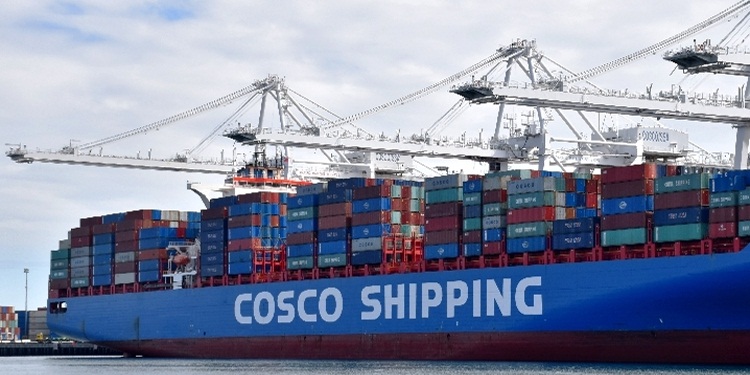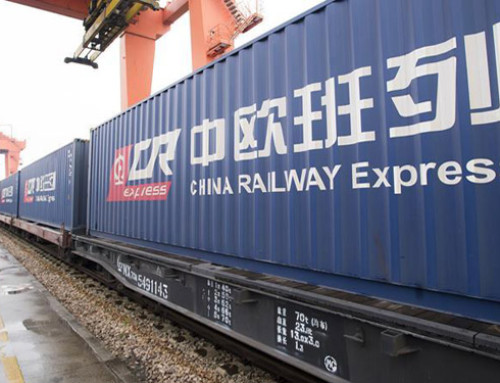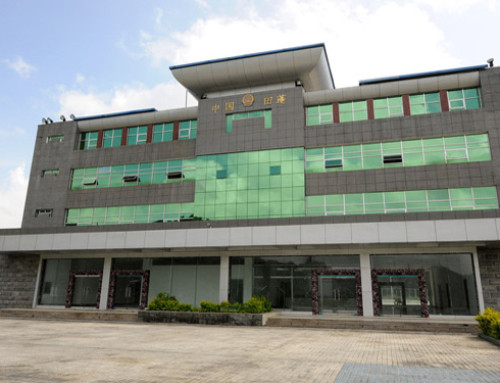WASHINGTON – According to a recent study by the American Chamber of Commerce, the escalation of US-China bilateral tariffs will cut $1 trillion from the US economy within a decade and cause special damage to the information and communication technology (ICT) sector. .
“Bilateral tariff escalation has led to a decline in US gross domestic product, a lower employment rate, a reduction in investment, and a reduction in trade flows,” said the study entitled “Assessing Tariff Costs in the US ICT Industry”.
The collaboration between the conference room and the research firm Rhodium Group was released on Friday. It found that tariff measures would reduce US gross domestic product from $45 billion to $60 billion in the first year after implementation, and that number would increase from $89 billion to $125 billion annually after five years.
The study shows that within 10 years of tariff implementation, the US economy will accumulate more than the benchmark potential of $1 trillion. The US gross domestic product in 2018 is about $20.5 trillion.
It is expected that tariffs will also “reducing the full factor productivity of up to one-third of a percentage point” from actual US GDP growth, “threatening the key channels of the benefits of the open ICT industry to the economy,” the study said. .
In addition, the Chamber of Commerce believes that the US tariff on Chinese goods is related to Beijing’s high-tech industrial policy “will not lead to meaningful outsourcing of US ICT production.” It said that due to the increase in imports caused by price increases, US domestic ICT production must reach 3% to 4% of annual demand growth.
The study shows that ICT manufacturing is one of the industries based on global trade and production networks. According to the study, these industries are “most vulnerable to negative impacts.”
According to the study, US ICT merchandise exports will fall by 14.2% to 20% in the next five years due to tariffs, while the country’s ICT imports will fall by 9% to 10%.
The study said that higher US import tariffs not only “disproportionately hit US manufacturers that rely on Chinese exports for low-cost inputs,” but also force ICT-related companies to re-transfer global supply chains to regional supply chains. Studies have shown that these choices are limited due to the uneven spread of global ICT commodity production capacity.
“In all scenarios, ICT commodity production is in China and is growing in Canada and Mexico,” the study said. “Although the production of ICT products in East Asian countries will increase, the output of other Asian countries is lower than the benchmark.”
The study said that although the impact of tariffs on the US ICT services industry is temporarily insignificant, “it becomes more and more serious as time goes by, which is equivalent to missed opportunities.”
“Because the United States and China are highly integrated into the global value chain – and are the most integrated in the ICT industry – they invest in bilateral tariffs, with the greatest trade and welfare losses,” Research.
The study predicts that if US tariffs on China’s exports worth 200 billion US dollars increase to 25% and China retaliates, global growth will reach 151.4 billion US dollars, or 0.2%, lower than the 2025 forecast.













